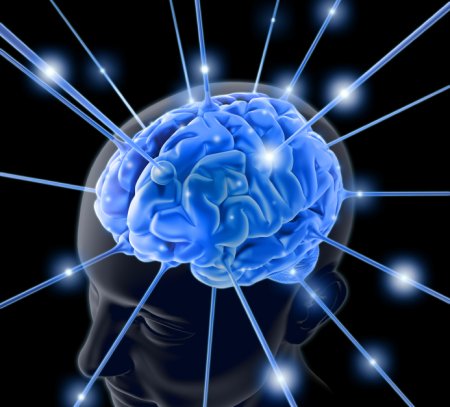EYE DROPS -- DANGERS LURK WITHIN By Bill Sardi
Your eyes bother you. So you go down to the drug store and buy a bottle of artificial tears. There are so many brands you really don't know which one is best. Or you trust your eye doctor who may prescribe an eye drop for glaucoma or who recommends an over-the-counter eye drop for your dry, red, itchy, burning eyes. To keep the ingredients from spoiling, manufacturers add preservatives. It is these preservatives, even in doses as small as 1/10th of 1 percent, that are a cause for concern.
- Read more about EYE DROPS -- DANGERS LURK WITHIN By Bill Sardi
- Amanda's blog
- Log in or register to post comments

 Low blood pressure can be a problem for glaucoma patients because it results in insufficient blood supply to the optic nerve.
Low blood pressure can be a problem for glaucoma patients because it results in insufficient blood supply to the optic nerve.